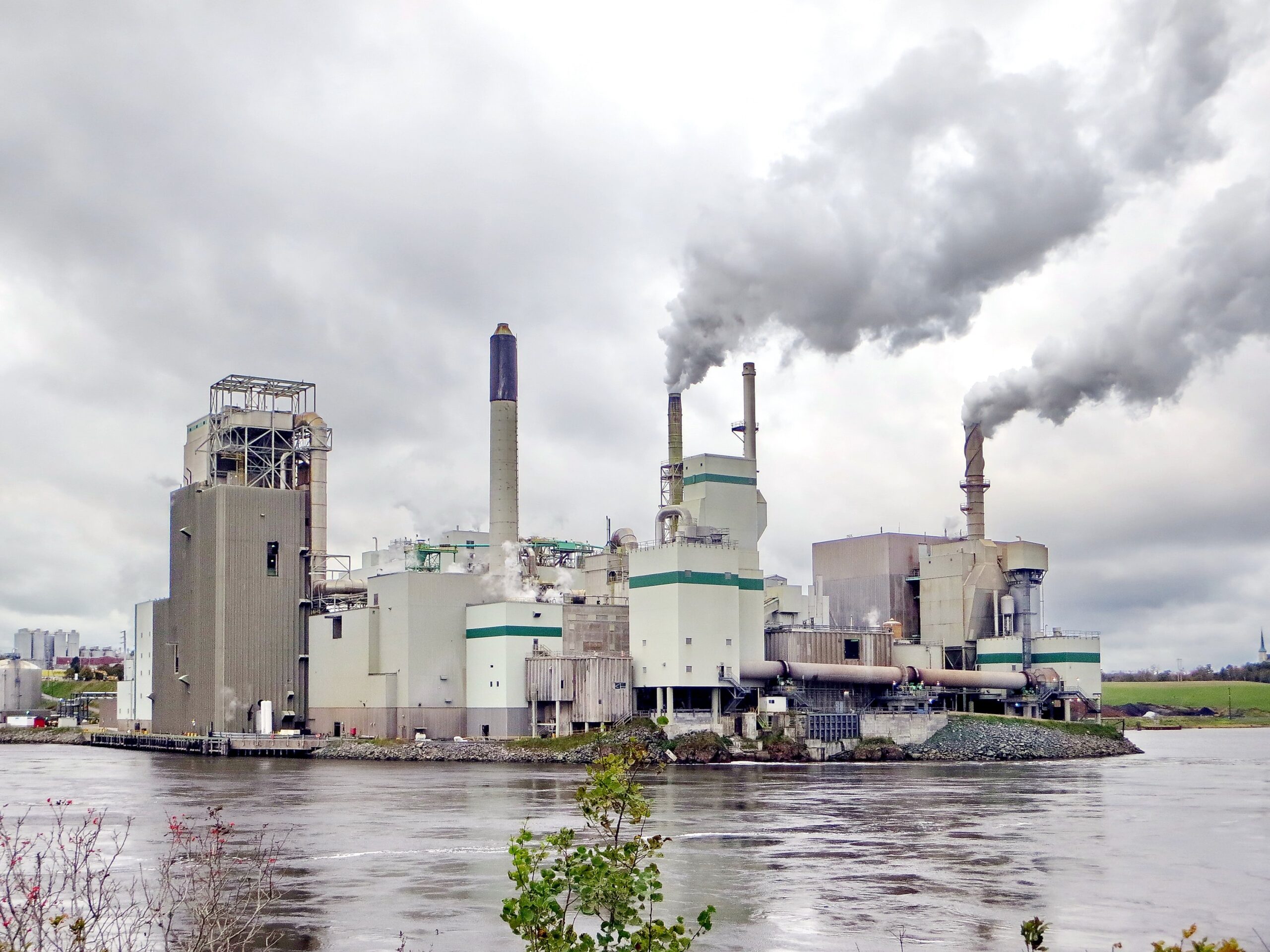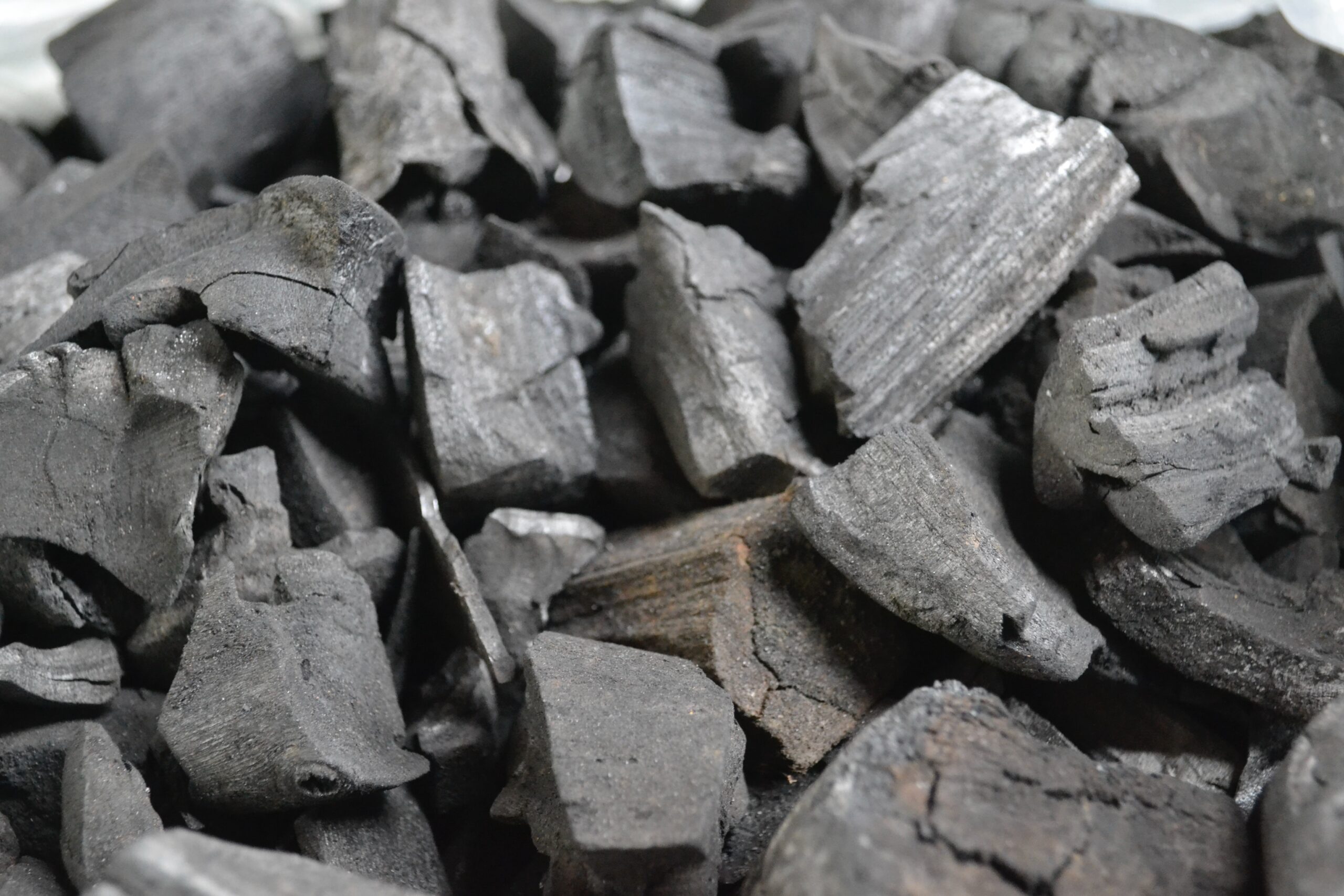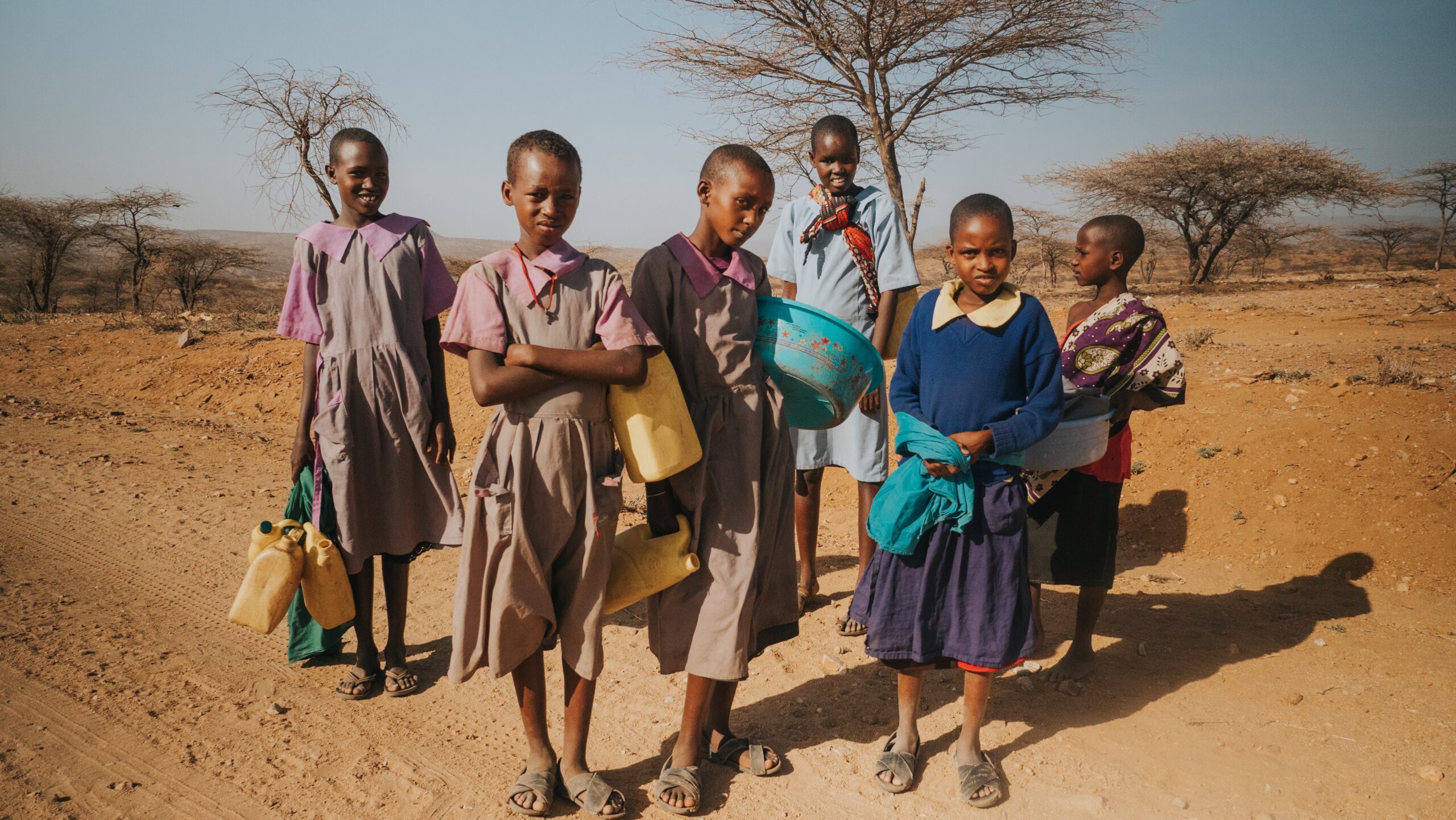Despite the urgency of the climate crisis and mounting evidence linking climate change to child health harms, pediatricians do not routinely engage with climate change in the office. Each primary care visit offers opportunities to screen for and support children burdened with risks to health that are increasingly intense due to climate change. Routine promotion of healthy behaviors also aligns with some needed—and powerful—solutions to the climate crisis. For some patients, including those engaged in athletics, those with asthma and allergies, or those with complex healthcare needs, preparedness for environmental risks and disasters worsened by climate change is a critical component of disease prevention and management. For all patients, anticipatory guidance topics that are already mainstays of pediatric best practices are related closely to needed guidance to keep children safe and promote health in the setting of compounding risks due to climate change. By considering climate change in routine care, pediatricians will be updating practice to align with evidence-based literature and better serving patients. This article provides a framework for pediatricians to provide climate-informed primary care during the structure of pediatric well-child and other visits.





































































































































































































































































































































































































































































































































































































































































































































































































































































































































































































































